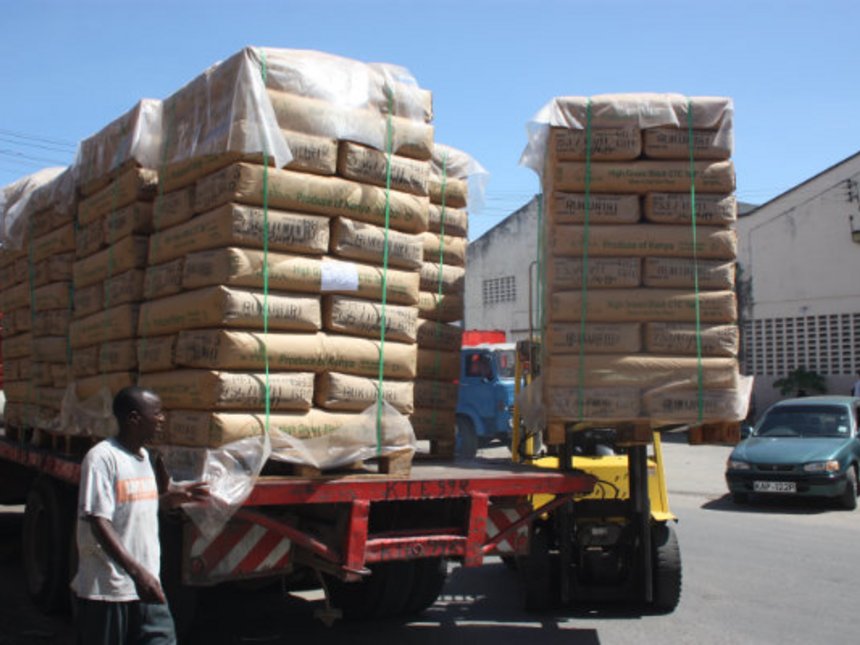Uganda’s tea exports increased 12.4 percent in April 2018 to reach 839,824kgs up from 747,003 kgs exported in the same month last year, according to the latest East African Tea Export Auction report.
However, despite an increase in supply, prices increased to US$1.6 (Shs5, 808) up from US$1.3 (Shs4, 700) per kg.
Tea prices, according to the players in the tea industry, have been stable in the last three-years, even though they expect some increase in the near future.
Regionally, tea exports at the Mombasa Auction have increased, according to the East African Tea Export Auctions report that was released after tea auctions held between April 9 and 10.
All the other five EAC countries of Kenya, Rwanda, Burundi, Tanzania and Mozambique registered a growth in exports at the tea auction. The increase, the report says, is attributed to the growth in demand and a rise in the production of the crop.
According to the report more than 7.4m kgs were sold up from 6.4 million bags sold around the same time last year. This indicates an increase of 8.2 per cent.
The other countries, including DR Congo, Malawi, Madagascar and Ethiopia registered no trade.
According to the report, Kenya exported 5.7m kgs compared to 5.4m kgs it exported last year.
Rwanda, Burundi and Tanzania exported 401,000kgs, 196,632kgs and 280,496 kgs, respectively. Mozambique exported 25,772 kgs up from 8,408kgs indicating a 67 per cent increase.
The weekly tea auction in Mombasa is an important reference point for the global tea industry. It takes place on Mondays and Tuesdays for secondary and primary grades respectively.
In the auction, the teas are sold under the factory marks (gardens) and sorted into the various leaf size known as grades. Each batch of a single leaf grade is given a unique invoice number before being packed into a standard paper sacks.
And each tea factory is represented by a selling broker who is responsible for cataloguing the teas for sale. The buyers in the auction are categorized differently.
Those that buy and ship individual lots on client’s orders, those who buy teas for blending and the ones that buy on their accounts either for stock or trading.







